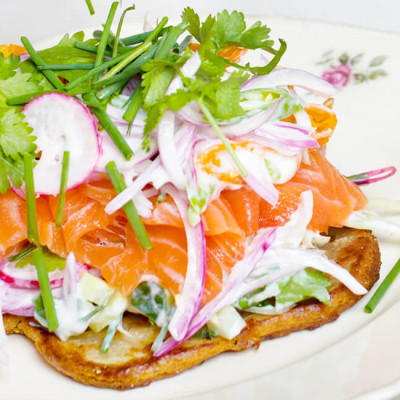Approximate read: 4 minutes.
I’ve recently finished reading a 360 page book on sleep.
Yup. You read that right. 360 pages on just slumber. It’s called “Why we sleep” and it’s written by a sleep researcher named Matthew Walker. If you’re silly, like me, you’ll also find it funny that he is a sleep researcher and his last name is “Walker”. As in “sleep walking”. Get it?
Anyway…
This book was not the easiest read in the world, but some of the stuff in there absolutely blew my mind. I’m now also completely convinced of the crucial importance of sleep for our well being and health.
This is a 2-part series (because the original article became way too long and I know we all have the attention span of a toddler these days). In part 1, I share some cool facts about sleep, as well as shed some light about the link between sleep and weight loss. In part 2, I go over 12 tips for a healthier sleep.
Some cool facts about sleep
Sleep and weight loss
You’ve likely heard before about the importance of sleep on weight loss, but you likely don’t fully understand the connection. To be honest, I didn’t fully understand it either until I read the book, and now I do, so here it goes:
Your food-related hormones get out of whack
When you don’t sleep enough, two key food-related hormones get out of whack: one controls your feeling of “fullness” and one controls your feeling of “hunger”. In people who only got 5 hours of sleep, the amount of “fullness” hormone went down, and the amount of “hunger” hormone went up. This means that when you are sleep deprived you are less capable of controlling your cues for hunger and fullness.
You eat more, and it’s mostly crap
Not surprisingly, then, when you are sleep deprived, you eat more. One study showed that, after sleeping for only 4.5hrs, participants ate 300 calories more each day! The same effect occurred when people were sleep deprived by only 2-3 hours of sleep over 10 days – a scenario that’s very real for many of us. Sleep deprived people also reached for different types of food – sweets, heavy carbs (bread and pasta), and salty snacks were all very popular choices.
So why is that? Why are we more tempted to reach for crap when we’re sleep deprived? The underlying reason is a silencing of brain regions that control our impulses. As such, we’re more impulsive and less capable to control our cravings.
If you lose weight, it will mostly come from muscle (not fat)
If you have some sort of weight loss goal this nugget will be particularly important to you: when you are not getting enough sleep, the body is particularly reluctant to give up fat and more than 70% of your weight loss will come from muscle! Which sucks, because all that exercise you’re doing is trying to build muscle. So make sure you get your ZZZZs.
Sleep and exercise
If you’re suspecting that there is a link between sleep and exercise, you’re right – there is: but it’s not as strong as you might think.
For example, people did not always sleep better on days they exercised versus days they didn’t. However, the length and quality of their sleep did improve over time. The time it took people to fall asleep also decreased.
That being said, when people had a good night sleep, the intensity of their workouts was higher and they were more likely to engage in physical activity. Their energy was also higher overall.
Here’s another way to think about it: the less sleep you get, the less energy you have, which means you are less likely to exercise – and more likely to eat crap.
Conclusion
The importance of sleep is totally underrated! Sleep is a tool that we all have at our disposal to help us stay in good health, reduce our risk for many disorders, and keep our weigh loss and cravings in check. In the second part of this series, I’ll go over 12 tips that you can implement for a healthy sleep.
Want to set some sleep related goals?
My Ultimate Guide to Goal Setting will take you through a blueprint where you can come up with goals that you will actually want to achieve:
No Fields Found.
More stuff for you to read:
The secret behind how to create motivating fitness goals
Is your personality sabotaging your fitness goals?




